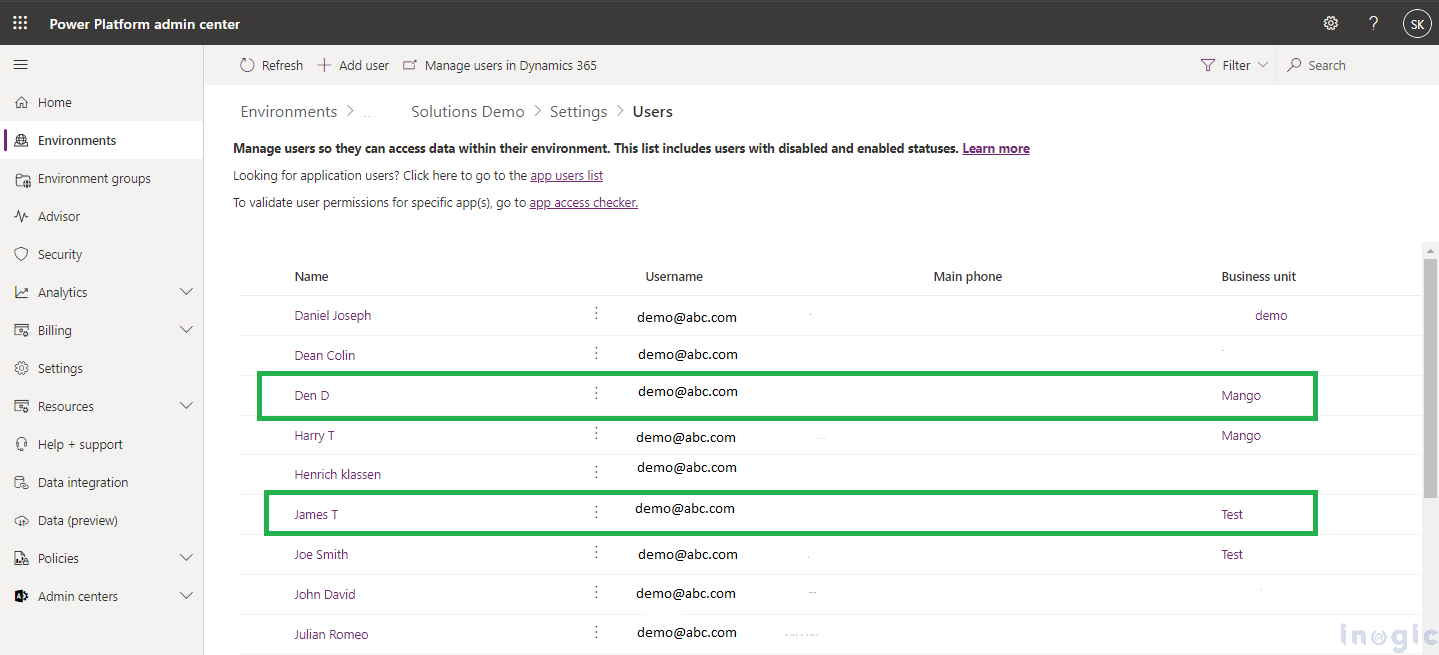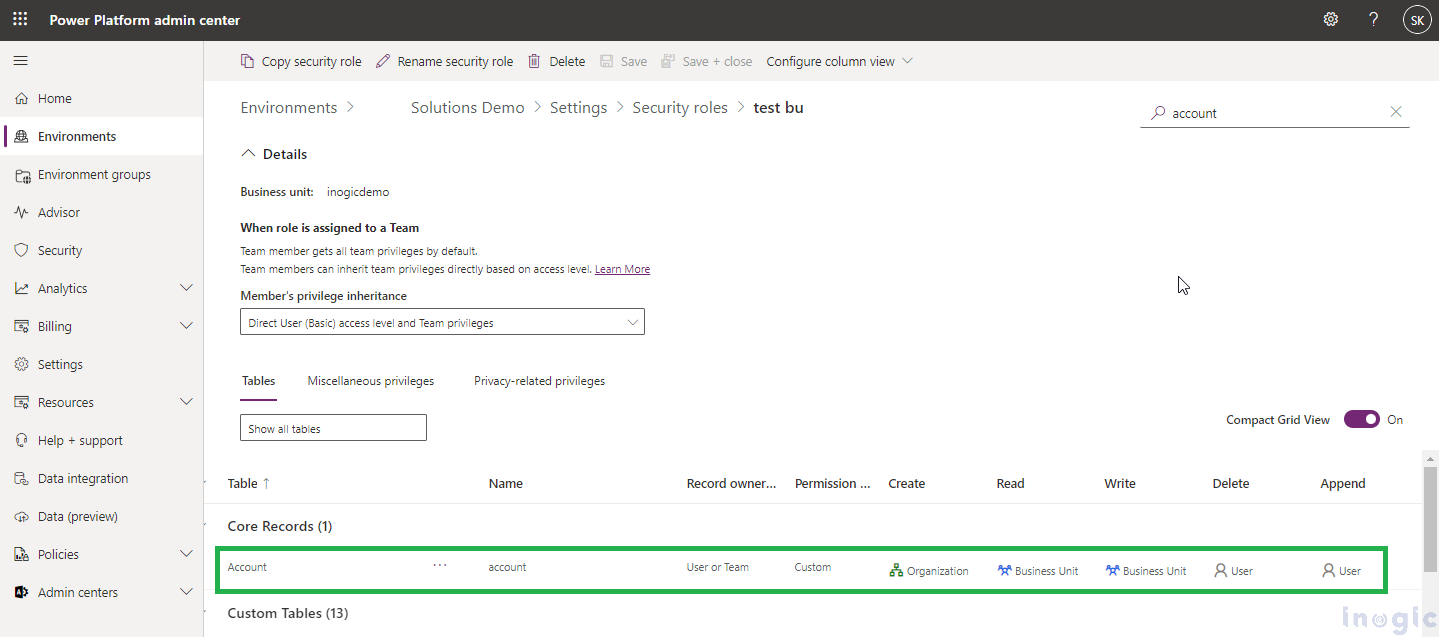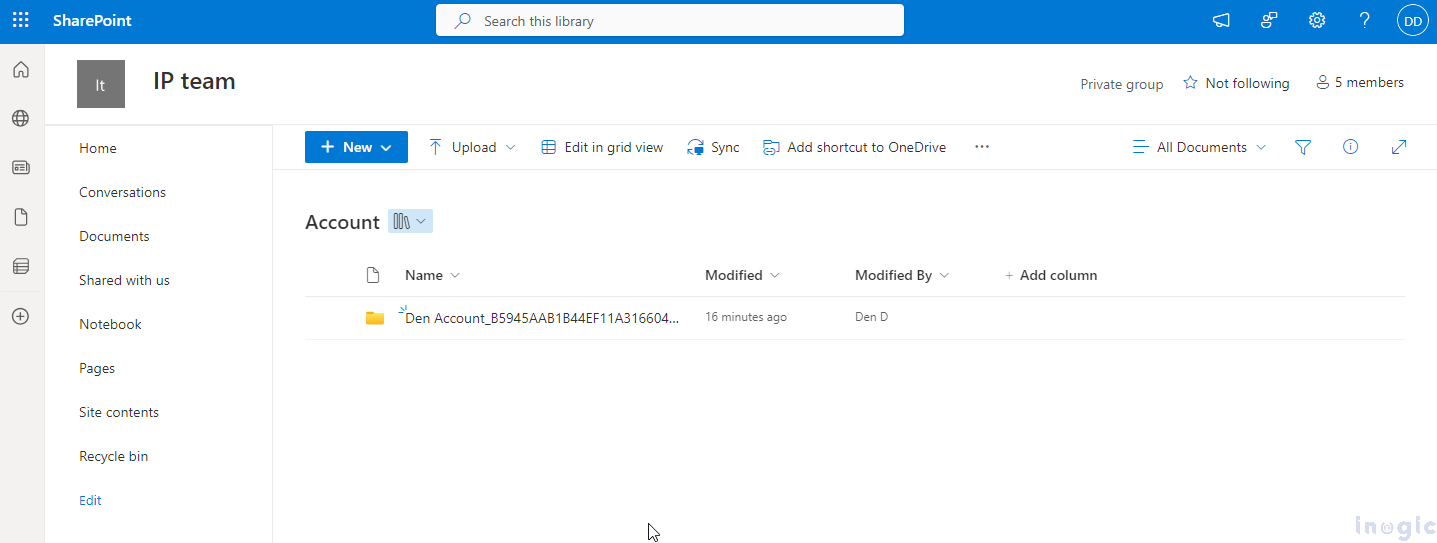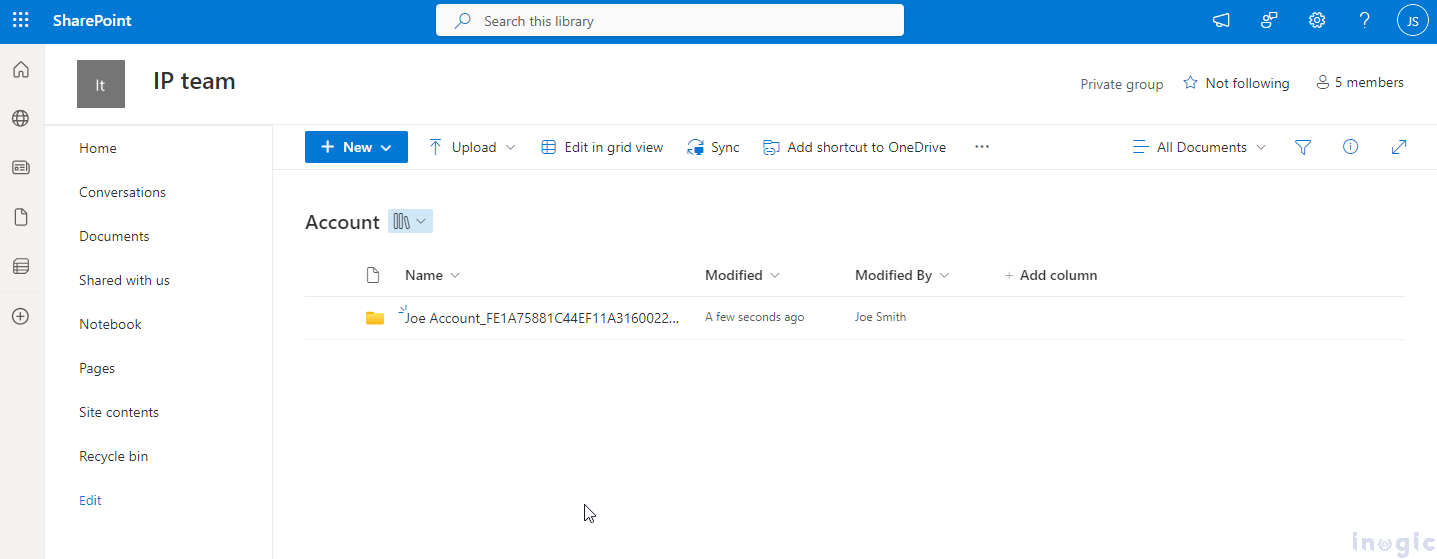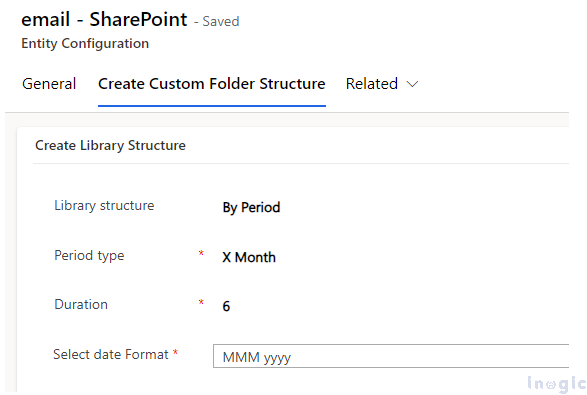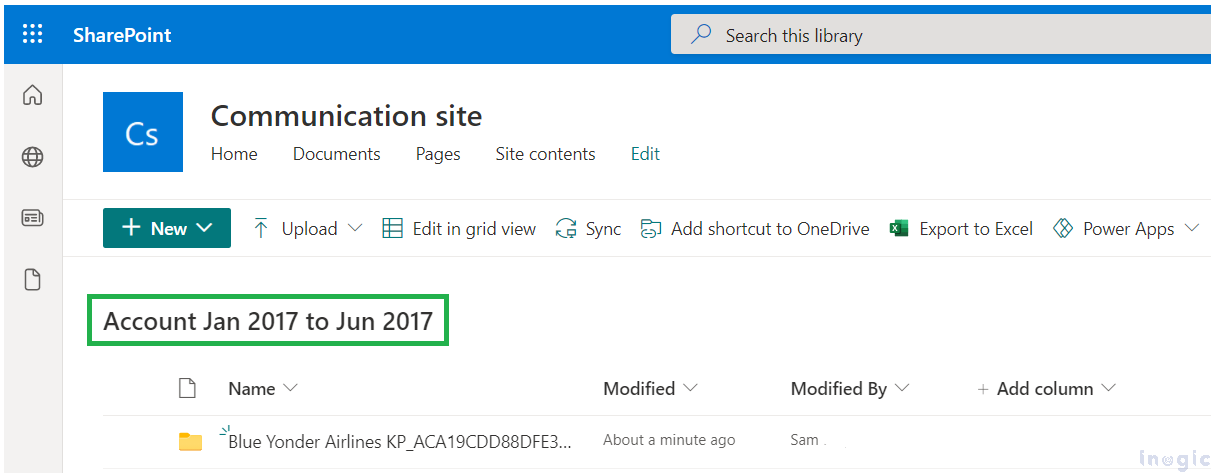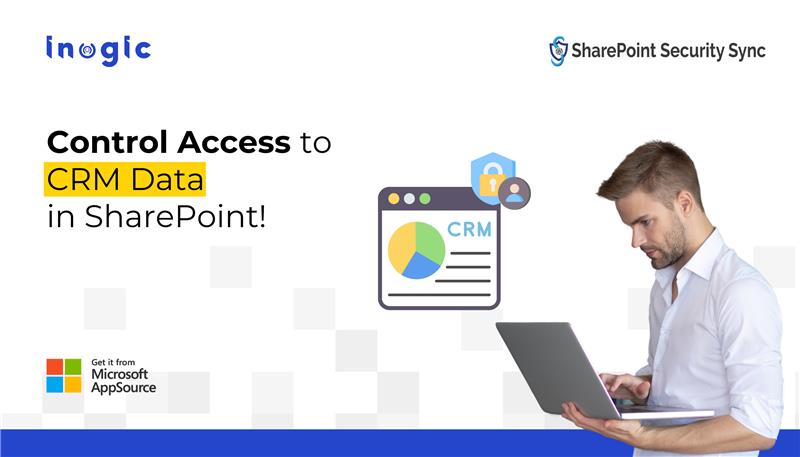
In Dynamics 365 CRM, managing access to records is essential for maintaining security and protecting sensitive information. Integrating Dynamics 365 CRM with SharePoint allows efficient storage of attachments, addressing CRM’s memory limitations and improving document management. However, this integration does not automatically synchronize security privileges between the two systems. To resolve this issue, a dedicated security privilege replicator solution is crucial. This solution ensures that access level privileges are consistently synchronized across business units and users, streamlining operations while upholding stringent security protocols.
Firstly, let’s understand the different access levels in Dynamics 365 CRM based on which security privileges were applied.
In Dynamics 365 CRM, access levels determine the scope of records a user can interact with based on their security role. Here are the primary access levels:
- None: It means the user can’t access any records.
- User: It means the user has “User level” access to records within CRM. The user can access
- The records which are created on their own.
- The records which are shared with the user.
- The records which belong to the team with which the user is associated.
- Business Unit (BU): It means the user has “Business Unit” level access to records within CRM. Here, users can access records that are created by them or users who are part of the same business unit.
- Parent Child Business Unit (PCBU): The user who has this access level privilege, can access the records that are created by their own, and the user within the child business unit.
- Organization: The user with this access level privilege can access the records of all the users under the same organization.
These privilege control mechanisms ensure that unauthorized access to records is prevented. Organization managers can regulate record access, maintaining confidentiality and authority over organizational information. Due to this CRM users can upload files, folders, or attachments without worrying about security privileges.
But has the community already developed this security synchronization solution?
Indeed, it has!
The SharePoint Security Sync application is the perfect solution to tackle the challenges of technology integration.
What is the SharePoint Security Sync application all about?
SharePoint Security Sync application developed by Inogic, a proud ISV partner of Microsoft, for Dynamics 365 CRM is a powerful tool designed specifically for this purpose. It not only tackles security challenges but also synchronizes access levels for different business units and users. With this integration, you can simplify your operations while upholding strict security measures for both the organization and individual users. Additionally, it ensures that files and data are easily accessible and effectively handles storage management.
Why you need to have this SharePoint Security Sync application:
Auto Replication of Security Privileges:
This application enables real-time replication of security privileges from Dynamics 365 CRM to SharePoint. It eliminates security breaches and facilitates easy sharing and collaboration on records and documents. Any changes to a user’s security role in Dynamics 365 CRM are instantly reflected in SharePoint.
For example, consider Joe is part of the Mango business unit, and Den is part of the Test business unit. Each of them has access privileges specific to their respective business unit.
Under the Test business unit, the user is granted read and write privileges.
With the implementation of Inogic SharePoint Security Sync application, these security privileges will be replicated from CRM to SharePoint. As shown in the images below, Joe’s records are not visible to Den in SharePoint.
Similarly, Den’s records are not visible to Joe in SharePoint.
Using the SharePoint Security Sync app, the security privileges assigned in CRM are automatically synced with SharePoint.
Along with security privileges syncing, SharePoint Security Sync also facilitates Folder Structure to resolve storage limits:
SharePoint, by default, offers a storage limit of 50,000 items in each folder of record, which may be insufficient for CRM integration. This limitation can be addressed by implementing a custom folder structure and utilizing workflows to automate the creation of these folders. Users can now create a customized folder structure within SharePoint for storing and managing CRM documents/attachments. Users can customize the Library Structure and the Record Folder Structure within SharePoint as per their requirements.
With this, you can set up your document library to organize files based on different periods. For example, you can choose to sort documents by daily, weekly, monthly, quarterly, or yearly periods, depending on when they were created. You’ll need to fill out a few details, like choosing the type of period (Daily, Weekly, Monthly, etc.), specifying the duration if you pick options like ‘X Month’ or ‘X Year’, and selecting a date format for display.
For example, if a user sets the ‘Period type’ to ‘X Month’ and the ‘Duration’ to ‘6’, SharePoint will create a library that organizes documents every six months based on when the records were created.
Thanks to the SharePoint Security Sync app for Dynamics 365 and SharePoint, only authorized users can access the records, ensuring that sensitive data remains well protected.
Do want to protect your organizational data and documents? SharePoint Security Sync is here for your help!
You can access a 15-day trial of the application on our website or Microsoft AppSource. To schedule a personalized demo, feel free to email us at crm@inogic.com.
